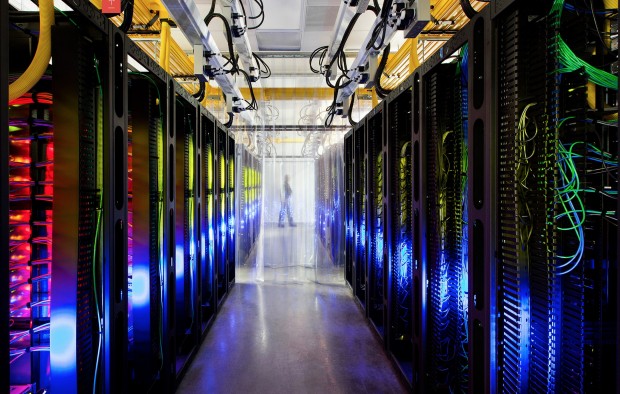A group of researchers are aiming to change the fundamental architecture of the internet: computers connecting to servers. The project is called Pursuit, and the goal is a completely new architecture that’s faster, more secure and does not rely on servers like the internet does today.
To achieve this, researchers from the University of Cambridge Computer Lab want to implement a system where individual computers will be able to “copy and re-publish content on receipt,” allowing them to access bits of data from many locations at once. It’s basically the concept of peer-to-peer sharing, only implemented throughout the entirety of the internet. The benefits would include not only a faster and more secure internet, but also new possibilities that simply wouldn’t work on the internet of today:
In addition to removing the need for servers, Pursuit will also remove the idea of URLs. Instead, searches online would look for URIs (Uniform Resource Identifiers) that will specify where data is, and how to find it. One of the researchers, Dirk Trossen, explains the concept further:
“Under our system, if someone near you had already watched [a] video or show, then in the course of getting it their computer or platform would republish the content. That would enable you to get the content from their network, as well as from the original server… Widely used content that millions of people want would end up being widely diffused across the network. Everyone who has republished the content could give you some, or all of it. So essentially we are taking dedicated servers out of the equation.”
Fundamentally changing the way the internet works, which has always worked this way, is ambitious to say the least. But if these researchers can accomplish it, along with all the other benefits mentioned, then we might have more than just incremental speed boosts to look forward to in the future.

 Email article
Email article




